Maasailand Solidarity Studies
Maasailand Solidarity Studies
Other Worlds are Possible
MERC and Prescott College have built an approach to immersive and collaborative study in Maasailand that demonstrates our commitment to decolonizing education. The program is not typical “field studies” in that students work with Maasai community activists on projects designed by the community, and we work hard to make it affordable to be more broadly inclusive.
Student-visitors entering this space have a responsibility to learn about this place, the historical, political, and global positioning of Maasailand. We might not lead movements for justice in this place, but there are no limits to how deeply we can support that work.
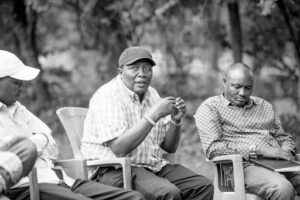
Meitamei Olol Dapash
My names are Meitamei Olol Dapash and I am an Indigenous person of the East African Maasai community, and co-director of this program.
In rural Maasailand, I grew up seeing buses of university students crossing Maasailand. They would typically stay in lodges and venture out to see wildlife. We look at these students who have come all this way, from Europe or North America, and we wonder, ‘who is teaching them about this land and our community?’ And ‘what exactly are they being taught?
We see these students as highly educated people, whose knowledge and skills could be so useful to my community, and who could benefit equally from what we have to teach.
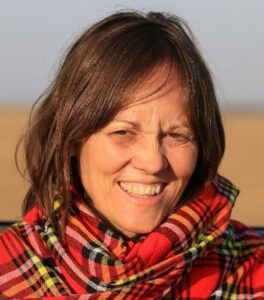
So I began a partnership with my colleague Nashipae and with Prescott College in Arizona, U.S. We have been teaching college students for 20 years now, and those early dreams of what might be possible have been long ago surpassed.
Mary Poole
Hello! I am Mary Poole, Nashipae in Maasailand. My students at Prescott College are emerging into a challenging world, and I want to give them every opportunity possible to learn from people and communities practicing another world that is possible.
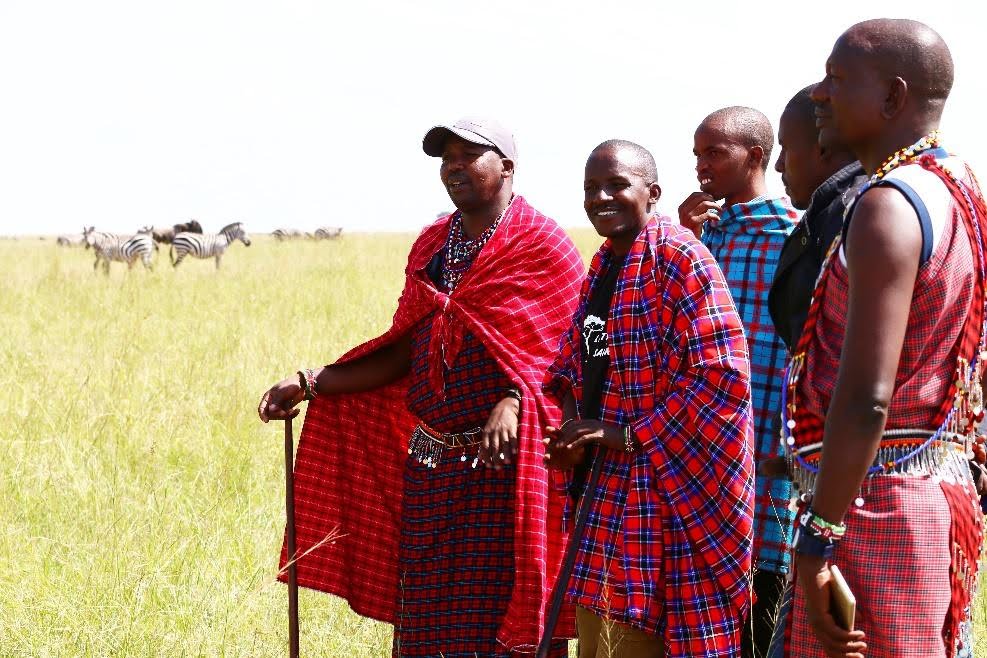
Classes of undergraduate students have undertaken research into historical land injustice to inform Maasai community efforts at land recovery. In 2008 they researched the occupation of 30,000 acres at a place called Mau Narok by wealthy Kenyans associated with the dominant political class. The research inspired both a court case and broader Maasai land-back movement which has resulted so far in the return of part of the land.
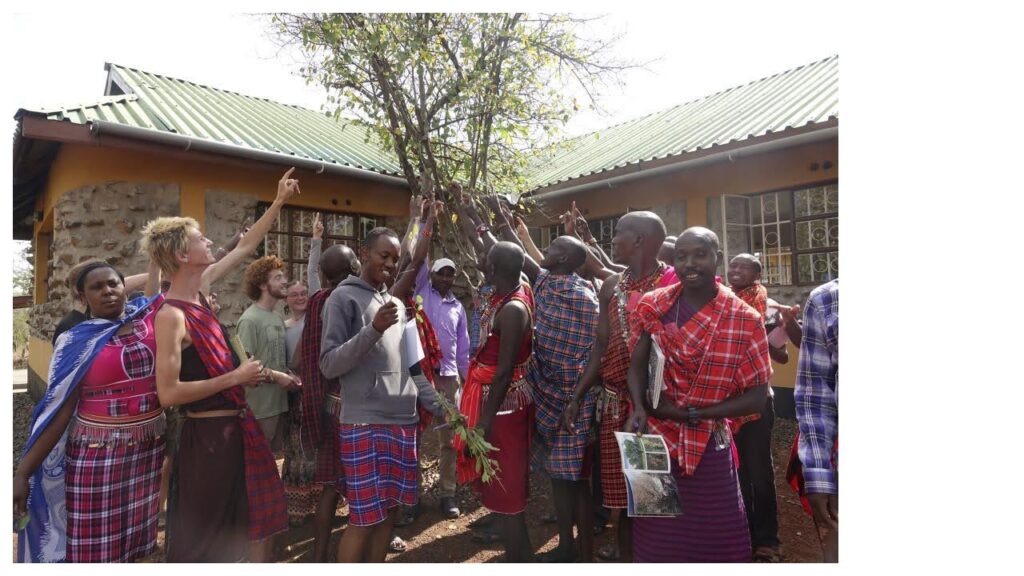
The Mara Guides Association (MGA) is an indigenous labor union, formed in 2016 to represent Maasai workers in the tourism industry that takes place in Maasailand. Maasai have long suffered from discrimination in this industry. The MGA has reshaped hiring practices, publicized the issue of Maasai rights to employment, and builds collective power to influence government policy about the Maasai Mara Reserve.
To support the MGA, Prescott College has offered free training and certification to Maasai guides since 2016. Prescott College students share the classroom with guides in training, who bring their own Indigenous knowledge about wildlife to the shared study, which focuses equally on western wildlife science and Maasai Traditional Ecological knowledge. Graduates go on to start their own companies, manage lodges, and guide in the Amboseli or Maasai Mara parks.
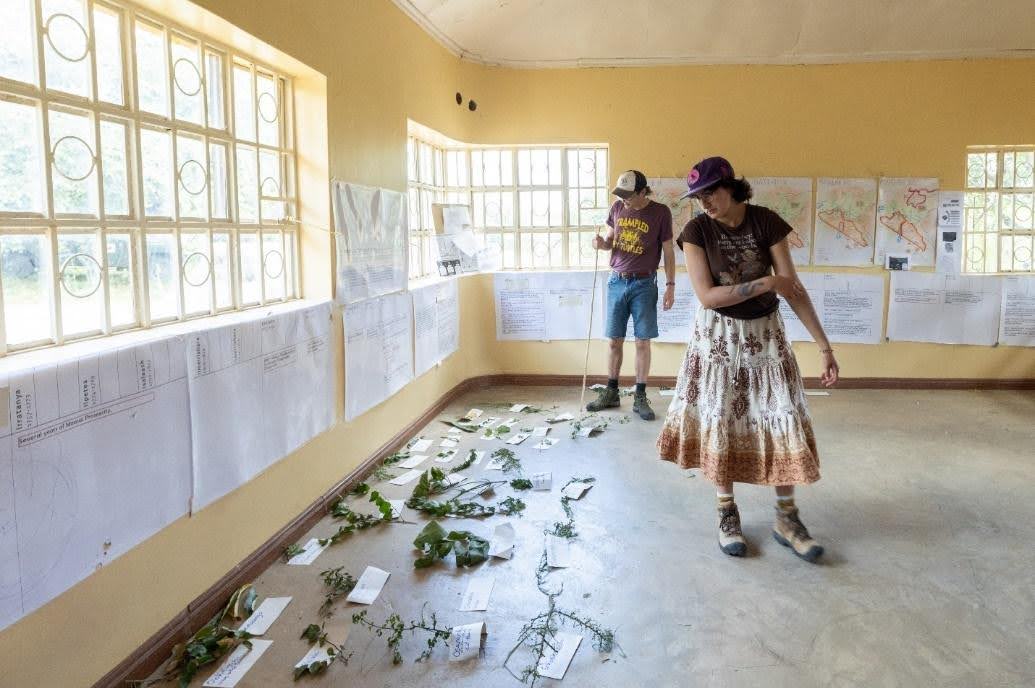
The Dopoi center is creating a museum with culturally accurate representations of the Maasai community and of oral history. Museums are sites of contested power, where stories are displayed to make meaning of the present. Often, they serve hidden agendas, and have been used as a tool of settler colonialism as demonstrated at the National Museum of Karen Blixen, where Maasai have been excluded from this narrative of history. Instead, the museum at Dopoi, aims to center Maasai perspectives and acts to disrupt dominant historical narratives within both the museum and tourist industries that historically and presently misrepresents, erases, and romanticizes their culture.
Guided by Maasai elders and community members, students have a chance to engage with the creation of a Maasai plant guide for medicinal uses and cultural significance, as well as a decolonized timeline of Maasai oral history. As Ole Keiwa says, “It doesn’t have to be written to be known”.
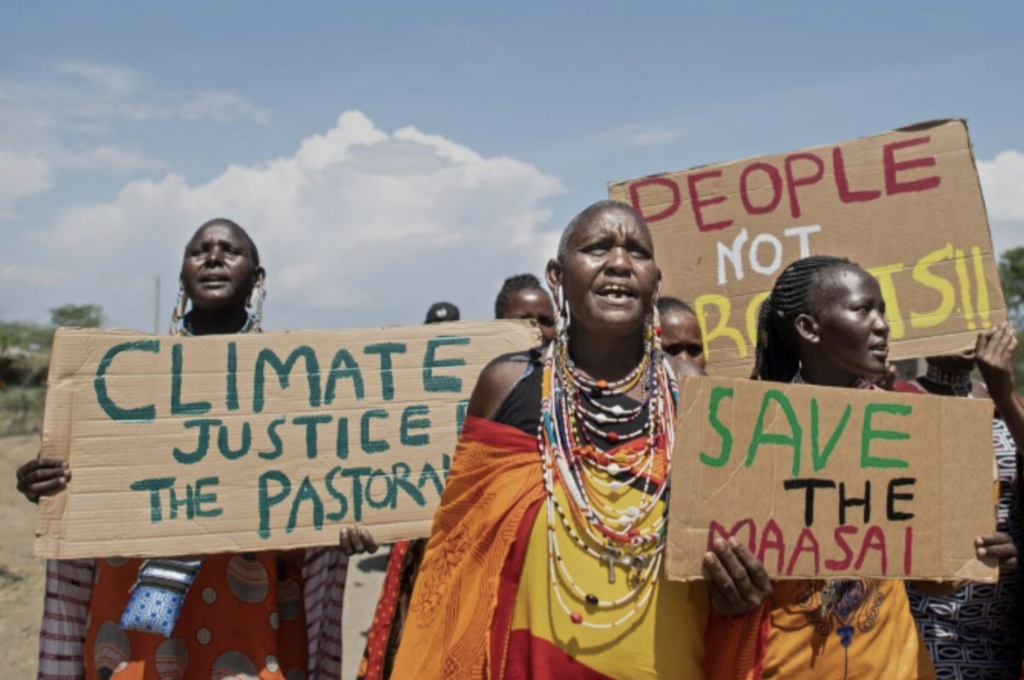
The ongoing and illegal evictions of 100,000 Maasai people from ancestral homeland in Tanzania is only the most recent example of more than a century of denial of access of Maasai and other Indigenous East Africans to rights protected by states. Richard Bakal and Prescott College PhD graduate and lawyer Perry Stern created the Maasai Grassroots Legal Clinic in response. The first training happened in March, and new paralegals are now certified to teach more broadly about the Kenyan constitution and Maasai legal rights under Kenyan law.

